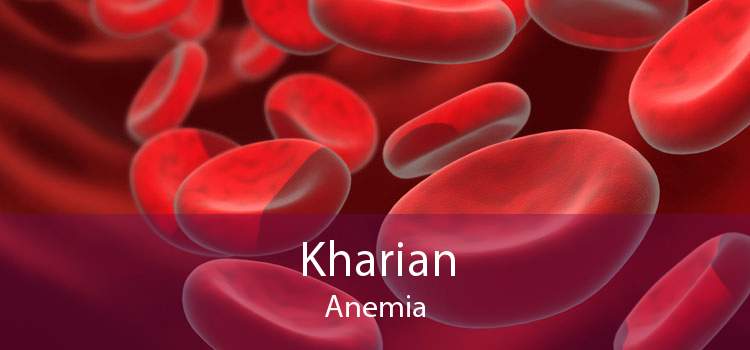Anemia is defined as a low number of red blood cells. In a routine blood test, anemia is reported as a low hemoglobin or hematocrit. Hemoglobin is the main protein in your red blood cells. It carries oxygen, and delivers it throughout your body. If you have anemia, your hemoglobin level will be low too. If it is low enough, your tissues or organs may not get enough oxygen. Symptoms of anemia -- like fatigue or shortness of breath -- happen because your organs aren't getting what they need to work the way they should.
There are many types of anemia. All have different causes and treatments. Some forms -- like the mild anemia that happens during pregnancy -- aren’t a major concern. But some types of anemia may reflect a serious underlying medical condition.

Anemia Symptoms
The signs of anemia can be so mild that you might not even notice them. At a certain point, as your blood cells decrease, symptoms often develop. Depending on the cause of the anemia, symptoms may include:
- Dizziness, lightheadedness, or feeling like you are about to pass out
- Fast or unusual heartbeat
- Headache
- Pain, including in your bones, chest, belly, and joints
- Problems with growth, for children and teens
- Shortness of breath
- Skin that’s pale or yellow
- Cold hands and feet
- Tiredness or weakness



